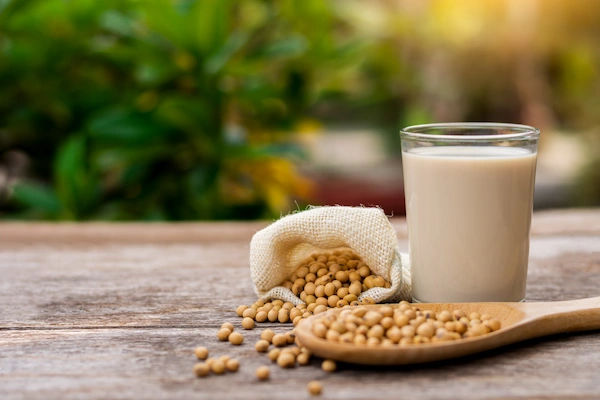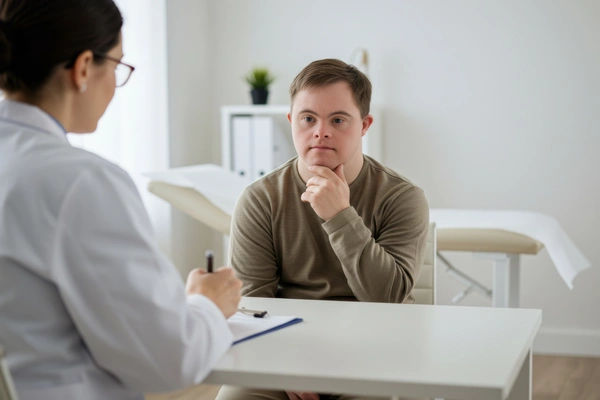World Organ Donation Day Overview
Learn about World Organ Donation Day, its purpose, importance, and how it encourages people to pledge their organs, save lives, and support the global need for transplants.

Written by Dr. M L Ezhilarasan
Reviewed by Dr. Dhankecha Mayank Dineshbhai MBBS
Last updated on 13th Jan, 2026

Every year, World Organ Donation Day is observed on August 13th to raise awareness about the importance of organ donation and encourage people to pledge their organs. Organ donation is a noble act that can save or improve the lives of many individuals suffering from organ failure.
If you’ve ever wondered how organ donation works, why it’s important, or how you can contribute, this article will guide you through everything you need to know in simple, compassionate terms.
What is Organ Donation?
Organ donation is the process of giving a healthy organ (or part of an organ) from one person (the donor) to another (the recipient) who needs it to survive or live a better quality of life. Organs like the heart, kidneys, liver, lungs, pancreas, and intestines can be donated, as well as tissues like corneas, skin, bones, and heart valves.
Types of Organ Donation
Following are the types of organ donation,
1. Living Donation – A person can donate certain organs (like a kidney or part of the liver) while alive.
2. Deceased Donation – Organs are donated after a person’s death (with prior consent or family approval).
3. Cadaver Donation – Organs are taken from a brain-dead person whose heart is still beating.
Consult top General Surgeon
Why is Organ Donation Important?
Millions of people worldwide suffer from organ failure and wait for years for a transplant. Sadly, many die due to the shortage of donors. By pledging your organs, you can:
Save up to 8 lives through organ donation.
Improve the lives of 50+ people through tissue donation.
Give someone a second chance at life.
Common Myths & Facts About Organ Donation
Many people hesitate to donate organs due to misconceptions. Let’s clear some myths:
Myth: Organ donation disfigures the body.
Fact: Donation is done with great care, and the body is treated respectfully.
Myth: Older people can’t donate.
Fact: Age is not a barrier—organs are evaluated for health, not age.
Myth: My religion doesn’t allow organ donation.
Fact: Most major religions support organ donation as an act of charity.
Myth: Rich or famous people get priority.
Fact: Allocation is based on medical urgency and compatibility, not status.
Who Can Donate Organs?
Almost anyone can be a donor! There’s no strict age limit, but you should:
Be in good health (organs are checked before donation).
Have no active infections or cancers (except in rare cases).
Register as a donor and inform your family.
Even people with medical conditions can sometimes donate tissues like corneas.
How Does Organ Donation Work?
Step 1: Pledge Your Organs
Register as a donor through government portals or NGOs.
Carry a donor card and inform your family.
Step 2: After Death (For Deceased Donation)
Doctors confirm brain death before donation.
Organs are matched with recipients based on blood type, size, and urgency.
Step 3: Transplant Process
Organs are preserved and transplanted into recipients.
The donor’s family is informed (with privacy maintained).
How Can You Help?
Here are the ways you can help,
1. Register as a Donor – Sign up with your national organ donation registry.
2. Spread Awareness – Talk to friends and family about organ donation.
3. Support Transplant Patients – Donate to organizations helping transplant patients.
Lifestyle Tips for Organ Health
If you want to keep your organs healthy (whether donating or receiving), follow these tips:
Eat a balanced diet (fruits, vegetables, lean proteins).
Stay hydrated (drink plenty of water).
Exercise regularly (30 mins/day improves organ function).
Avoid smoking & excessive alcohol (damages liver and lungs).
Manage chronic conditions (like diabetes & hypertension).
Need More Help?
If you or a loved one needs guidance on organ donation or transplants, Apollo24|7 is here to help. You can book a consultation with our specialists or learn more about organ health.
Conclusion
Organ donation is a selfless gift that can transform lives. By pledging your organs, you become a real-life superhero even after your time. This World Organ Donation Day, take a step forward and register as a donor, educate others, and help bridge the gap between life and hope.
Consult top General Surgeon
Consult top General Surgeon

Dr Anubhav Chittari
General Surgeon
3 Years • MBBS, M.S GENERAL SURGERY
Bengaluru
PRESTIGE SHANTHINIKETAN - SOCIETY CLINIC, Bengaluru

Dr Venu Kumar K N
Vascular Surgeon
10 Years • MBBS, MS (Surg), DNB (Surg), M.Ch (Vas Surg), DrNB (Vas Surg)
Bengaluru
Apollo Clinic, JP nagar, Bengaluru

Dr. Deepak Thakur
General Surgeon
10 Years • MBBS, MS General Surgery
Patna
Health Care Clinic, Patna

Dr. Rekha Jaiswal
General Surgeon
22 Years • MBBS, MS (Gen. Surg.), M.MAS (Master in Minimal Access Surgery), FIAGES, FMAS, FALS (Bariatric), DMAS & Robotic ( da Vinci), USA Trained- Bariatric & Robotic Surgery
Delhi
Apollo Hospitals Indraprastha, Delhi
(200+ Patients)

Dr. Dipak Prasad Das
General and Laparoscopic Surgeon
20 Years • MBBS. M.S. FMAS
Guwahati
Apollo Hospitals G S Road, Guwahati
(25+ Patients)




